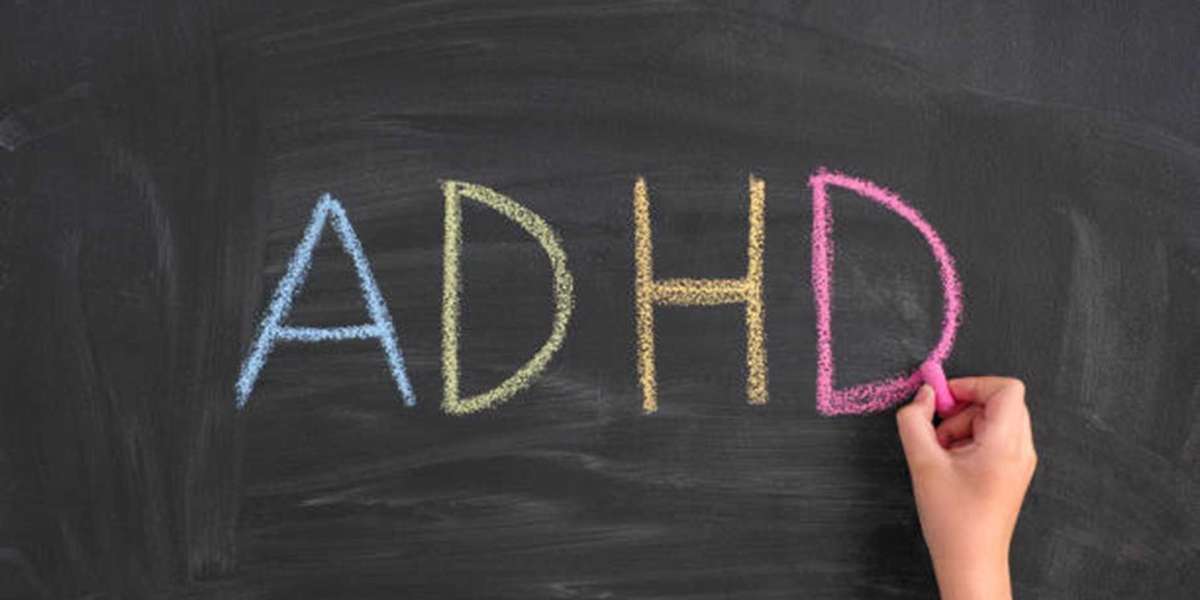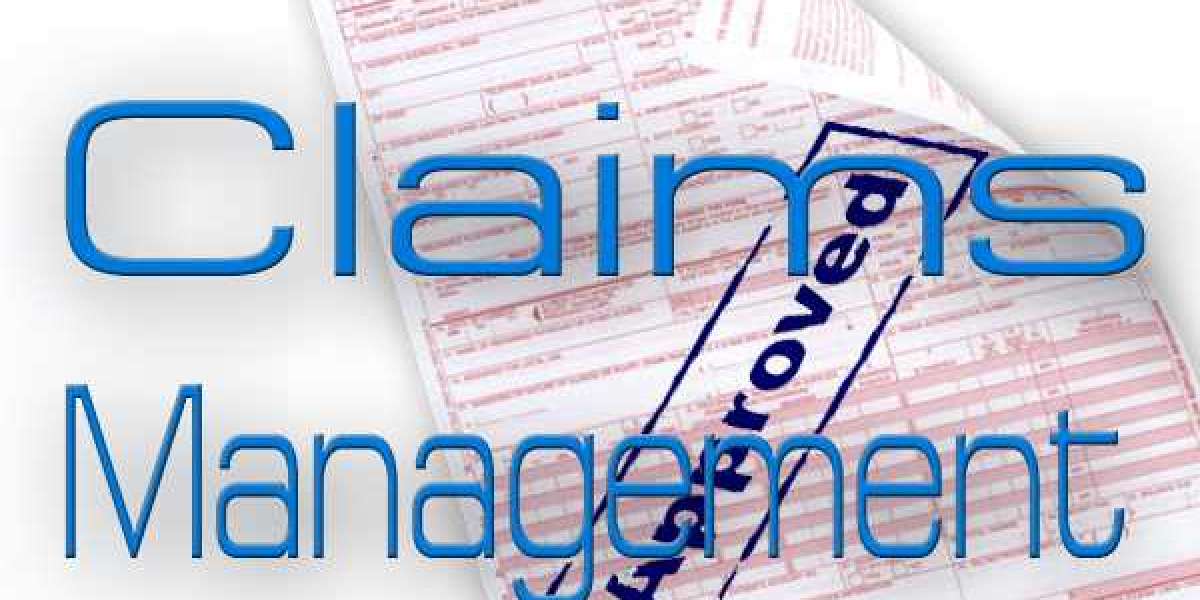What is Adult ADHD?
Adult ADHD, also known as Attention Deficit Disorder (ADD), is a neurodevelopmental disorder characterized by persistent patterns of inattention, hyperactivity, and impulsivity. While ADHD is often diagnosed in childhood, many individuals continue to experience its symptoms into adulthood. It is crucial to recognize that ADHD does not discriminate by age, and its effects on adult life can be profound.
Symptoms of Adult ADHD
Inattention
One of the hallmark symptoms of Adult ADHD is inattention. Adults with ADHD may find it challenging to sustain focus on tasks, leading to careless mistakes and a tendency to forget essential details. This inattention can affect various aspects of daily life, from work to personal relationships.
Hyperactivity
While hyperactivity may appear more subdued in adults compared to hyperactive children, it often manifests as restlessness, an inability to stay seated for extended periods, or an inner sense of unease. These sensations can be disruptive and distressing, affecting concentration and productivity.
Impulsivity
Impulsivity can be another obstacle for adults with ADHD. They may make decisions without adequately considering the consequences, interrupt others during conversations, or struggle to wait their turn. These impulsive behaviors can lead to problems at work and in social interactions.
Diagnosing Adult ADHD
The Diagnostic Process
Diagnosing Adult ADHD is a meticulous process that involves a comprehensive evaluation by a mental health professional. This evaluation typically includes a detailed review of the individual's medical history, an exploration of their symptoms, and an assessment of how these symptoms affect their daily life.
ADHD Assessment Tools
Psychological assessments and standardized ADHD-specific rating scales play a crucial role in the diagnostic process. These tools help decide the severity of symptoms and their presence, aiding in the development of a tailored treatment plan.
Managing Adult ADHD
Effectively managing Adult ADHD requires a multifaceted approach tailored to the individual's unique needs and preferences. No one-size-fits-all solution exists, and treatment plans often combine multiple strategies.
Medication
Medication can be an effective tool in managing ADHD symptoms. Common medications include stimulants like methylphenidate and non-stimulants like atomoxetine. However, the choice of medication should be based on an individual's specific needs and potential side effects.
Behavioral Therapy
Behavioral therapy, such as cognitive-behavioral therapy (CBT), can equip individuals with ADHD with valuable coping strategies. These strategies can include time management techniques, organizational skills, and strategies to improve focus and productivity.
Lifestyle Changes
Simple lifestyle adjustments can also make a significant difference in managing ADHD symptoms. Engaging in regular exercise, keeping a balanced diet, and ensuring adequate sleep can contribute to symptom reduction.
Coping Strategies for Adults with ADHD
Managing Adult ADHD often involves developing practical coping strategies to navigate daily life more effectively.
Time Management
Effective time management techniques, such as using calendars, setting reminders, and prioritizing tasks, can help adults with ADHD stay on top of their commitments and responsibilities.
Organization
Developing organizational skills, like decluttering living and workspace and creating daily routines, can reduce feelings of overwhelm and improve productivity.
Stress Reduction
Stress management techniques, including mindfulness meditation and relaxation exercises, can help adults with ADHD stay calm, focused, and resilient in the face of life's challenges.
Support Systems for Adults with ADHD
Building a robust support system is crucial for adults with ADHD to thrive.
Therapy and Counseling
Therapy and counseling provide a safe space for individuals with ADHD to discuss their challenges, emotions, and personal growth. Therapists can offer guidance and strategies to improve self-esteem and emotional well-being.
Support Groups
Joining ADHD support groups can create a sense of community and supply valuable insights and tips for managing symptoms. Interacting with others who share similar experiences can be comforting and educational.
Challenges and Stigma
Overcoming Stigma
Despite growing awareness, there is still stigma surrounding ADHD. Advocating for understanding and dispelling misconceptions about the condition is essential. Individuals with ADHD should be encouraged to embrace their unique strengths and seek support when needed.
Conclusion
In conclusion, Adult ADHD is a complex and often misunderstood condition that can significantly affect an individual's life. However, with proper recognition, diagnosis, and the implementation of effective strategies, adults with ADHD can lead fulfilling and successful lives. Whether it is through medication, therapy, lifestyle changes, or a combination of these approaches, there is hope and help available. The journey to managing Adult ADHD may have its challenges, but it also offers opportunities for growth, resilience, and self-discovery.
FAQs
- Is Adult ADHD a real condition? Yes, Adult ADHD is a legitimate neurodevelopmental disorder characterized by inattention, hyperactivity, and impulsivity that can persist into adulthood.
- Can ADHD be outgrown? ADHD is a lifelong condition, but symptoms may change with age. It is crucial to seek proper management strategies for a better quality of life.
- What are the common medications for ADHD? Common medications for ADHD include stimulants like methylphenidate and non-stimulants like atomoxetine. The choice of medication should be tailored to the individual's needs.
- Are there alternative treatments for ADHD? Yes, alternative treatments such as behavioral therapy, lifestyle adjustments, and support systems can be effective in managing ADHD symptoms alongside or in lieu of medication.
- How can I support a loved one with ADHD? Supporting a loved one with ADHD involves offering understanding, patience, and encouragement. Educate yourself about the condition and aid them in seeking professional help if necessary.



